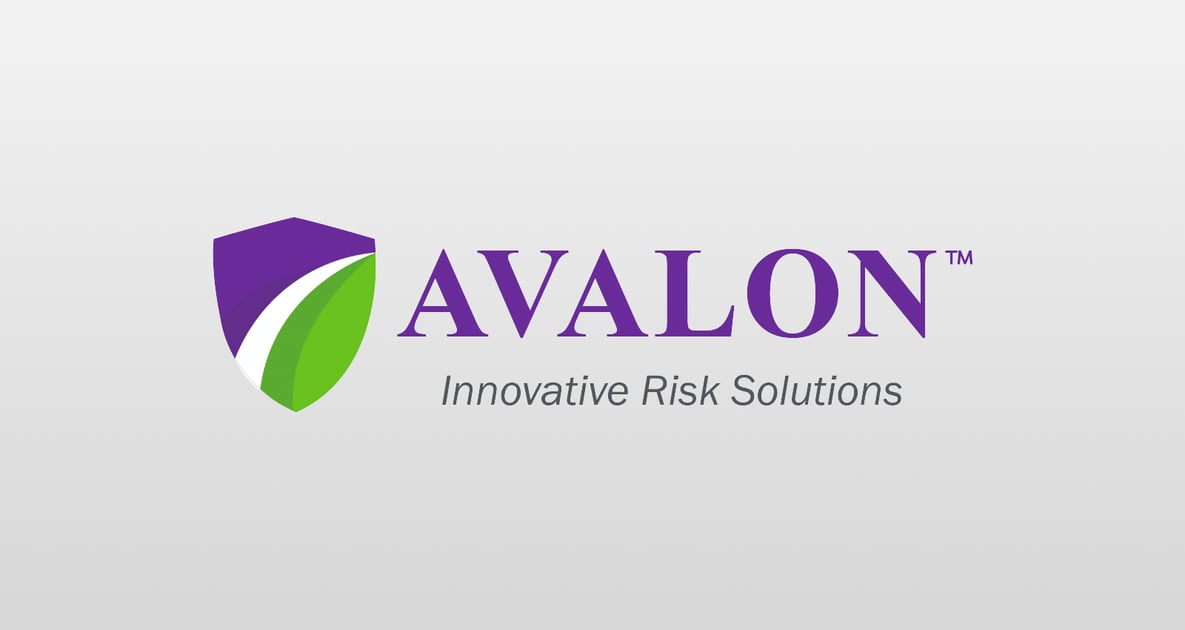News

Today's Litigious Workplace Needs EPLI
July 9, 2020 •Avalon

Regardless of the type and size of an organization, all companies have employment practices liability risks. These risks include, but are not limited to, harassment, discrimination, wrongful termination, and retaliation. Some companies opt out of purchasing this type of coverage; however, not having this coverage may be more expensive in the long run, in the event of a claim.
Employment Practices Liability Insurance (EPLI) provides coverage for allegations of discrimination, sexual harassment, wrongful termination, retaliatory treatment, unfair hiring practices, and other workplace torts claims by employees. EPLI also includes defense costs for the company regardless of fault. Most business liability policies do not provide coverage for employment practices liability risks. If they do, coverage is usually limited.
In 2019 alone, the Equal Employment Opportunity Commission (EEOC) received 72,675 charges of discrimination, harassment, or retaliation. Also, in 2019 the EEOC secured more than $486 million for victims of discrimination.
Tips to mitigate your employer liability risk exposure
- Establish clear policies and procedures. Create corporate policies and procedures that comply with current federal, state, and local laws. Incorporate these in an employee handbook and use them to guide the hiring, disciplining, and terminating of employees. These should include hiring process, promotion and evaluation criteria, at-will employment statement, anti-harassment policy, and who to contact if an incident were to occur. Have employees acknowledge receipt of the handbook and any subsequent updates in writing. Given the importance of this document, it is advisable to review it with an attorney.
- Detail job descriptions and evaluate objectively. Write job descriptions that detail the skills and performance expectations of each position. Make sure the qualifications and requirements are directly related to the job. These will pave the way for objective evaluation and reduce the risk of discrimination. Many companies have adopted a work from home policy due to the COVID pandemic, and it is imperative that expected outcomes when working from home are clear. Metrics and goals should be set to keep employees on track and productive. Employees should be evaluated on a consistent and standardized approach based on parameters relevant to their position. These evaluations should be conducted periodically, and reviews should be carefully noted and kept in their personnel file.
- Provide diversity and sensitivity training. Cultivate a culture of inclusivity and sensitivity where prejudicial conduct will not be tolerated. Employers should provide regular training to ensure that managers understand their duty to stop, address, and prevent harassment and other inappropriate behavior. Equally as important, employees should also receive harassment training and be assured that they will not be reprimanded for asking questions or sharing concerns. Everyone should be educated on ethical and legal workplace practices.
- Document everything. Documentation provides written proof that may be helpful in your defense in case of a claim. Keep a log of all job performance issues, including absences, tardiness, warnings, and failure to improve. Having details such as dates, times, notes from conversations will be valuable. Additionally, make sure to document all disciplinary issues, employee complaints, investigations, and resolution, if any.
Make sure to discuss your employer practices risks with your insurance provider and confirm if you have Employment Practices Liability Insurance. It can protect you against claims brought on by potential, current, and former employees. To learn more about this and other business insurance, contact your local Avalon representative or visit us at www.avalonrisk.com.
Featured Articles
Categories
- ATA Carnet (1)
- Business Insurance (9)
- Canada (1)
- Cargo Insurance (15)
- Claims Corner (10)
- Combined Transit Liability (3)
- Compliance (4)
- Contingent Auto Liability (1)
- Contingent Motor Truck Cargo (1)
- COVID-19 (3)
- Customs Bonds (18)
- Cyber Security (10)
- D&O Insurance (3)
- EPLI (3)
- Events (10)
- General Average (7)
- Industry Insights (25)
- Press Release/Company News (13)
- Special Quest (11)
- TIA (5)
- Trade (22)
- Trade Credit Insurance (2)
- Truck Broker Liability (1)
- WESCCON (4)
The Quest Newsletter is designed to provide critical information in the transportation industry. Avalon Risk Management is not responsible for the accuracy or reliability of information contained in articles. The reader/user assumes all risk in the use of such information.



